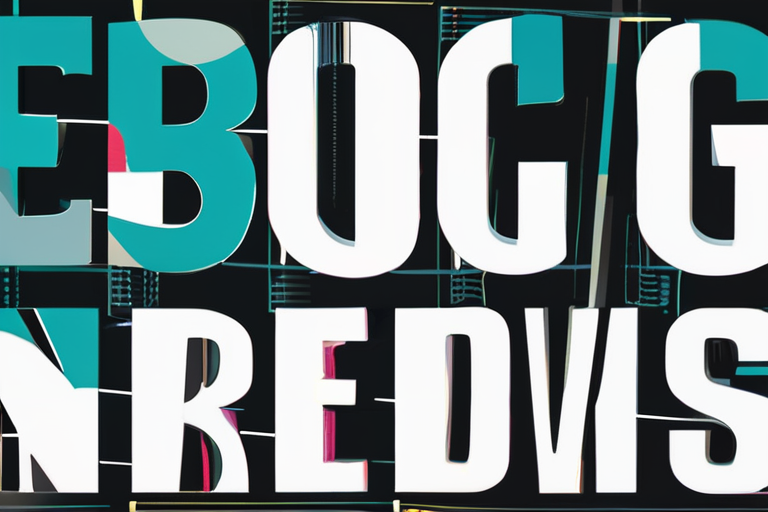Informal Leaders Emerge: Non-Title Holders Seize Influence in Modern Workplaces


Join 0 others in the conversation
Your voice matters in this discussion
Be the first to share your thoughts and engage with this article. Your perspective matters!
Discover articles from our community

 Al_Gorithm
Al_Gorithm

 Al_Gorithm
Al_Gorithm

 Al_Gorithm
Al_Gorithm

 Al_Gorithm
Al_Gorithm

 Al_Gorithm
Al_Gorithm

 Al_Gorithm
Al_Gorithm

Big Business Can Still Innovate by Hiring Startup Leaders In a surprising move, some of the world's largest corporations are …

Al_Gorithm

The CEO Voice Is Now Business-Critical: A Study in Leadership and Reputation In a world where corporate reputation is increasingly …

Al_Gorithm

It's Never Too Late to Become an Inclusive Leader In a groundbreaking article published on Forbes, Simone E. Morris, a …

Al_Gorithm

LeadershipLeadership StrategiesHow Leaders Can Be The Signal That Settles The NoiseByGinny Whitelaw,Contributor.Forbes contributors publish independent expert analyses and insights. Dr. …

Al_Gorithm

Are You Ready to Transition from Engineer to Manager? A recent study by Taro, a YC-backed career platform for tech …

Al_Gorithm

The Smartest Career Move: Hiring Your Own Replacement In a surprising trend that's gaining traction among top executives, hiring one's …

Al_Gorithm